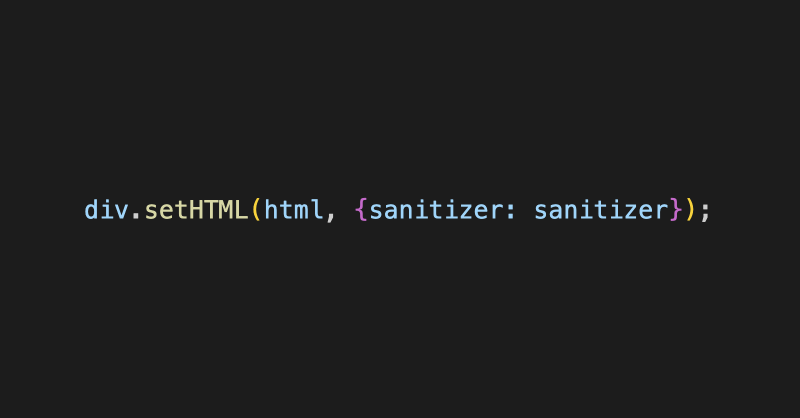Many people regard vegetarianism and veganism as virtuous. Practicing vegans and vegetarians often regard themselves that way. This notion of virtuous vegetarianism is based on the idea that it is morally wrong to kill animals.
This is a challenge. Can the existential contrarian play devil’s advocate and make a moral case in favor of eating meat? Let’s try.
Most obviously, the moral case against killing animals for food is based on flawed, obsolete assumptions. It was long ago true, back during the days when humans were all hunters and gatherers, that if someone declined to kill an animal, that animal would go on living. It is even true that some animals were hunted to extinction as human beings increased their hunting skills and populations. The human impulse to eat meat — like that of the other great apes, our closest biological relatives, and so of course continued in our own biology — undeniably ended the lives of many animals and, sadly, some species.
But things have changed radically. The food industry now is responsible for increasing the populations of many animals.
Let’s consider the chickens. Online queries say the worldwide chicken population is somewhere between 27 billion and 34 billion. There are many more chickens than human beings. Chickens are not largely self-sufficient. They are mostly kept by people, who eat their eggs and their meat. Obviously, eating the meat requires killing them. But we are not hunting chickens to extinction. On the contrary, we are breeding more and more of them. Their population has doubled (!) in recent decades. In the basic biological terms of population size, chickens are flourishing.
Suppose that tomorrow the entire human population embraced veganism, for whatever reason. Nobody would eat chicken meat or eggs any more. That might bring a temporary reprieve for those billions of chickens who are alive now, though consider what would likely be their eventual fate. The farmers who raise them for meat and eggs would no longer have any use for them. Would the farmers continue to work and pay to keep them alive? It would make no economic sense.
So probably most farmers would turn their chickens loose. Freedom! Alas, I don’t have the impression that chickens are very competent to live on their own in a modern city downtown, nor really in the suburbs either, nor really in the wild. Predators who kill and eat chickens would probably consume the majority of them once they were no longer protected by humans. Farmers have long tried to keep the fox out of the chicken coop, figuratively and literally, but once the chickens leave the coop, the foxes will feast. (On the plus side, the fox population would enjoy a temporary flourishing. Ditto for other animals who can prey on chickens.)
The bigger issue is what happens down the road. If chickens cannot thrive in a modern city (as, for example, pigeons can), and if they will be hunted to death in rural settings, how could they survive? How many chickens would still roam the earth fifty years after the humankind embraced veganism? If anything, chickens might well be facing extinction within half a century after the world embraced veganism. It would be a kind of chicken holocaust, brought on by the seeming virtue of veganism.
One of my colleagues described the modern flourishing of the chicken population in evolutionary terms, that is, in terms of strategy for solving the universal biological problems of survival and reproduction. “The chicken’s biological strategy is to taste good to us!” As long as we breed chickens for eggs and meat, there will be lots of chickens. If we stop, their prospects for flourishing on their own become seriously dim.
Thus, the modern chicken’s situation is the opposite of some unfortunate animals in the distant past. Some animals went extinct because people killed and ate them. But chickens might face extinction if we stopped eating them.
Extinction is an extreme case. Often things aren’t as bad as the extreme. In that case, maybe a few would survive. Still, fifty years after humankind went vegan, there would not be any 30 billion chickens. Maybe a few million, or even less. But that still counts as holocaust.
The deeper moral issue is how precious life itself is, and how much its value is reduced by being killed and eaten. In the wild, most small animals die when caught and eaten by larger animals. That’s normal. (The same for fish in the sea.) Being killed and eaten does not presumably nullify the positive value of having lived. Species extinction is probably the only way to prevent all these deaths. Is extinction morally desirable on the same grounds as veganism? It prevents animals from being killed and eaten.
It is fine and understandable to object to the killing of animals. But what if killing them was the whole reason that humans helped them to become alive in the first place? These animals experienced life because people intended to eat them. Note this is different from nature. Lions eat gazelles, but lions do not breed gazelles for their food. Nor do they even concern themselves with sustaining the gazelle population, such as if a dangerous drop in the local gazelle count inspired the lions to agree to lay off them for thirty years so the gazelles could replenish their population. The lions don’t respect an endangered species list, even for species they depend on for food.
Can we say that it is morally better that those billions of chickens would never live, in order that they would be spared the brief pain and indignity of being killed for human food?
As always, the existential contrarian is unsalted, so take everything I say with a grain of salt. These are intellectual exercises in contrarian thinking. I have no wish to change anybody’s dietary habits or personal values.
Two more notes.
First, if we say it is better for chickens to live for a while instead of never being hatched – then we must consider the quality of their life. I understand that on some chicken farms, life is pretty miserable. In others, it is fine. I have neighbors who raise chickens with affection and care. This is a separate moral issue and quite a valid one. Like many other people, I am happy to pay extra for eggs and meat from ‘free-range’ chickens, who can enjoy their lives by moving around outside. Perhaps that is the best, when one considers the alternatives of (1) never living at all, (2) living a short life filled with pain and no pleasure, or (3) having a life in the wild that ends in being killed for another animal’s food. The last is what nature offers to a great many species. The first is what the vegan holocaust would produce. The second is nobody’s moral favorite, though it does happen. I would suggest concentrating any moral protest fervor on reducing that one.
Second, there are other arguments in favor of vegetarianism. Perhaps it is better for the planet, as in being more sustainable. Perhaps it is better for one’s health. (Perhaps not; I’m no nutrition expert.) These are legitimate issues to debate, and they might well convince people to adopt vegetarianism or veganism independently of the contrarian arguments in this post. Again, I do not wish to change anyone’s behavior or values, but rather to explore novel and neglected ideas.
.png)



![ChatGPT made me delusional [video]](https://www.youtube.com/img/desktop/supported_browsers/firefox.png)
